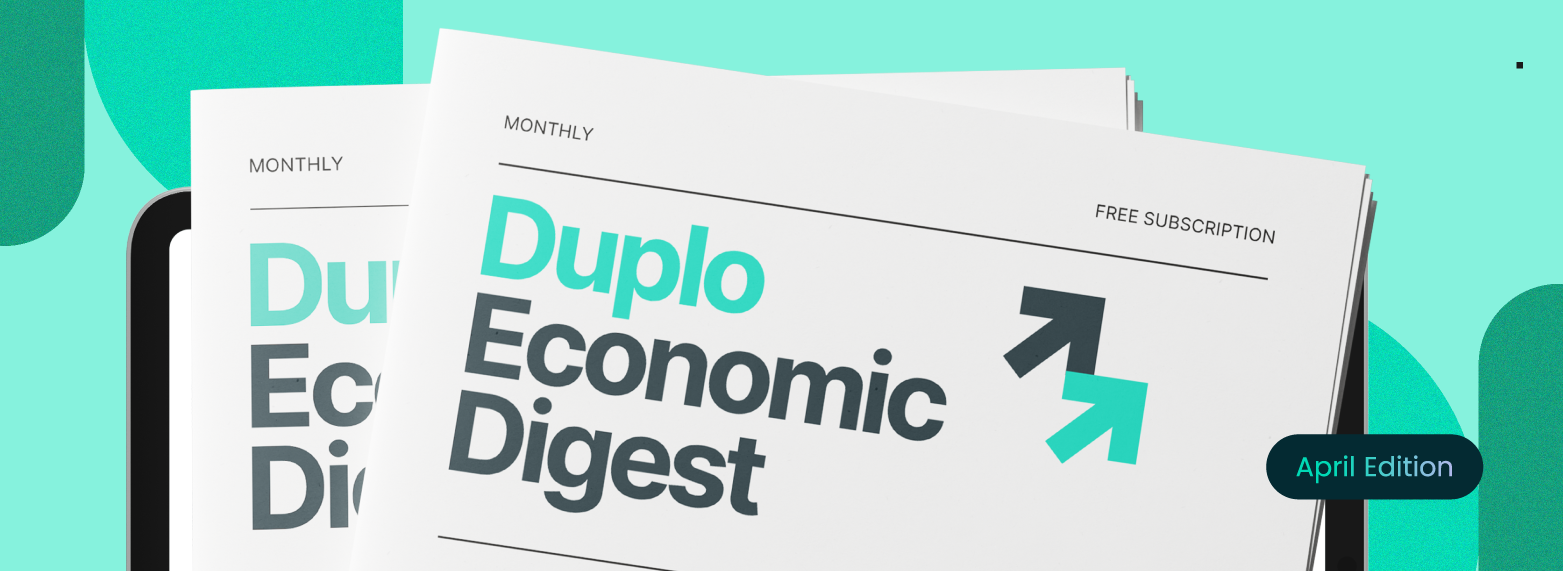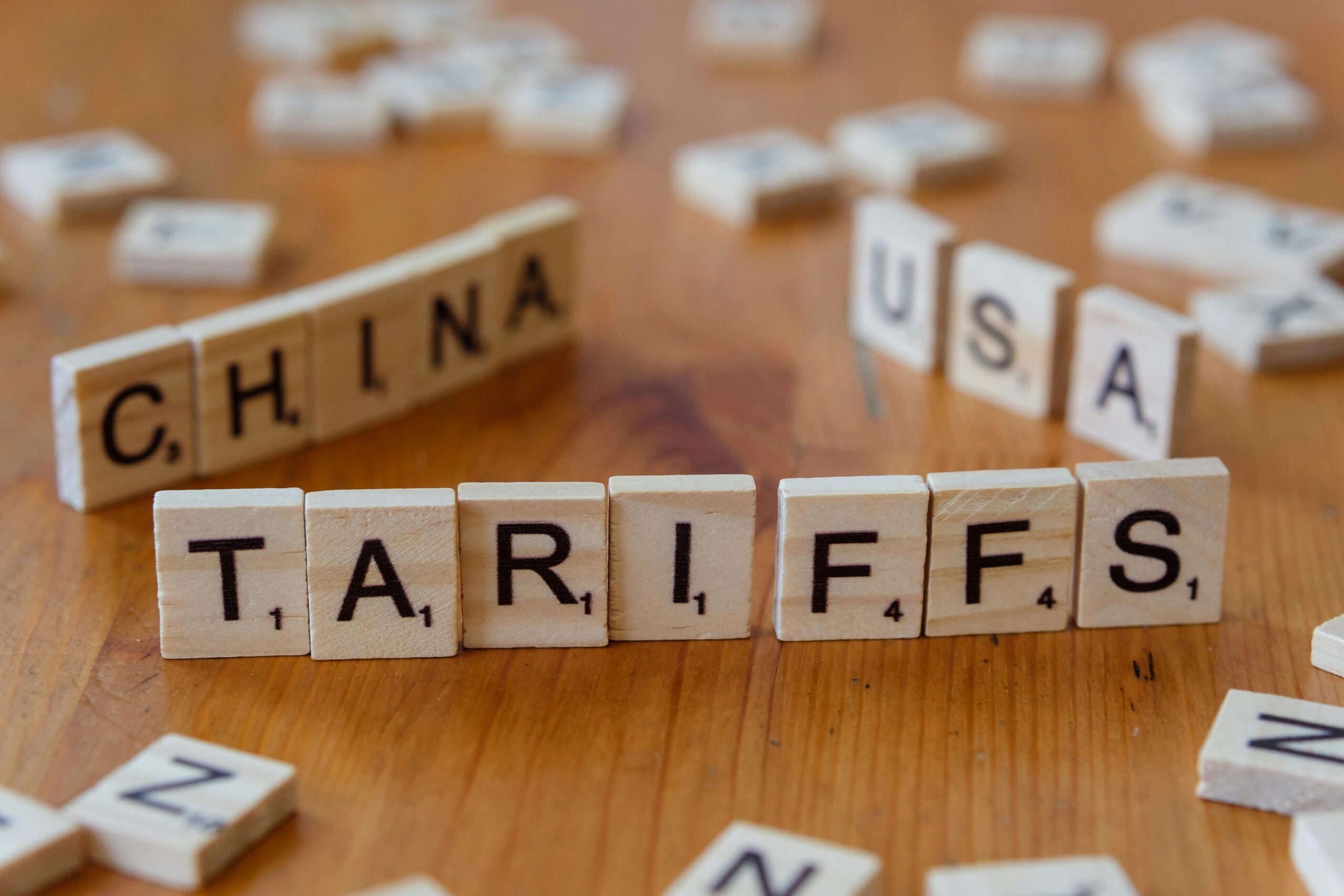Welcome to the September 2024 edition of the Duplo Economic Digest.
This month’s edition brings you pivotal and inspiring events that could reshape Africa’s economic landscape! Let’s dive in!
Nigerian Macroeconomic Recap
Good news left, right, centre
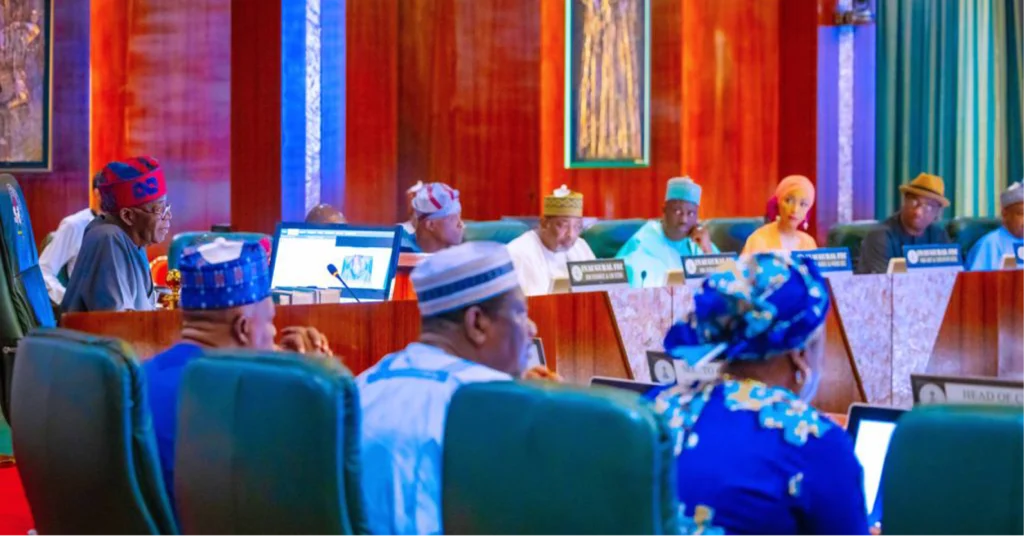
FEC approves plans to ease business environment; hands over to NASS:
The Federal Executive Council (FEC) has approved the recommendations from the Presidential Committee on Fiscal Policy and Tax Reforms as part of the federal government’s economic stabilisation plan. The approved measures include tax relief for companies that hire additional staff to promote employment and capacity expansion. The economic stabilisation bills will also amend income tax laws, encourage exports, reform the exchange rate regime, and enhance foreign exchange liquidity.
Specific bills offer personal income relief for public and private sector employees earning between N200,000 and N400,000 and seek collaboration between federal and state governments to suspend certain levies and taxes on small businesses, such as haulage and livestock levies. President Tinubu established the Presidential Committee in August 2023 to improve Nigeria’s tax environment. The committee simplified over 50 tax laws to just 8, eliminated multiple taxation, and supported investments while enhancing the tax-to-GDP ratio.
Dangote and the Nigerian government struggle to align:
Aliko Dangote, President of Dangote Group, has called on the Nigerian government to fully remove fuel subsidies, arguing that it would ease fiscal pressures and clarify actual petrol consumption. He emphasised that subsidies often increase prices, causing the government to overpay. Dangote also highlighted the positive impact his Lagos-based refinery will have, enabling better fuel consumption tracking through oil truck monitoring. He believes ending petrol imports would reduce currency pressures and help the government save money.
Despite challenges, Dangote’s refinery aims to boost transparency, and its upstream oil production will begin in October. He stressed that while his refinery will generate profit, removing subsidies is a government decision. The government, meanwhile, projects that fuel subsidies will cost N5.4 trillion in 2024, with ongoing discussions on its complete elimination amidst rising crude oil prices and currency depreciation.

Nigeria buffs up its war chest:
Nigeria’s external reserves reached $39.07 billion as of September 19, 2024, marking a 17.4% increase from $33.28 billion in 2023, covering eight months of imports. This growth is partly attributed to increased diaspora remittances, boosted by Central Bank of Nigeria (CBN) reforms, and a $925 million disbursement from Afrexim Bank under a crude oil-backed loan. Additionally, the World Bank approved loans of $2.25 billion, including $751.88 million under Nigeria’s economic stabilisation program. Nigeria also saw over $900 million in subscriptions for its first domestic dollar bond. Despite these gains, the naira remains under pressure due to ongoing forex market imbalances and internal fiscal challenges.
Finance Flashback
August was a month of open doors, some authorised, some unauthorised
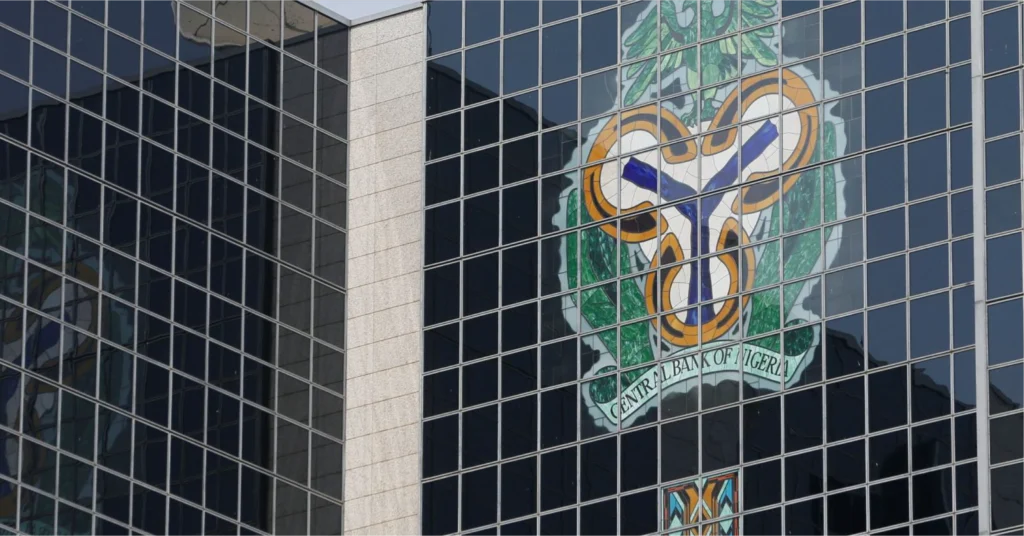
CBN sticks to its guns:
The Central Bank of Nigeria (CBN) has raised the benchmark interest rate by 50 basis points to 27.25%, continuing its monetary tightening under Governor Yemi Cardoso. This marks a cumulative 850 basis point increase since February 2024. The CBN also raised the Cash Reserve Ratio (CRR) for commercial and merchant banks and adjusted the asymmetric corridor around the Monetary Policy Rate (MPR). Despite recent drops in inflation, analysts were surprised by this move, given the two-month slowdown in inflation. The CBN’s decision aims to address inflation concerns and attract foreign investment amidst rising energy prices and petrol scarcity.
Additionally, the removal of the petrol subsidy in May 2023 significantly increased FAAC (Federal Accounts Allocation Committee) disbursements, largely due to exchange rate gains. Between May 2023 and April 2024, exchange rate gains contributed N4.23 trillion, or about 20% of total FAAC allocations, compared to just 1.32% in the previous four years. This surge in FAAC disbursements, driven by the exchange rate difference between the 2024 budget rate of N800/$ and the current market rate, has added liquidity to the economy. The increase in liquidity from FAAC releases has impacted the foreign exchange market, contributing to demand pressures on the naira. Consequently, the Monetary Policy Committee (MPC) is intensifying its monitoring of future FAAC releases to manage their effects on inflation and exchange rate stability.
CBN extends cash deposit fee suspension to March 2025:
The Central Bank of Nigeria (CBN) has extended the suspension of cash deposit processing fees for amounts exceeding N500,000 for individuals and N3 million for corporate accounts from September 30, 2024, to March 31, 2025. The fees, originally set at 2% for individual accounts and 3% for corporate accounts, were initially suspended in December 2023 to reduce cash in circulation and improve government revenue collection. Financial institutions must continue accepting cash deposits without fees during this period. The suspension aligns with CBN’s ongoing cashless policy.
NDIC contracts NIBSS to pay insured depositors of Heritage Bank:
The Nigeria Deposit Insurance Corporation (NDIC) has switched to the Nigeria Inter-Bank Settlement System (NIBSS) to handle payouts to depositors of the defunct Heritage Bank, citing challenges with the Remita platform. While Remita had been used since 2013, it has struggled with large-scale payments. The switch to NIBSS aimed to streamline payouts, but issues with incomplete Bank Verification Number (BVN) data delayed automatic payments, requiring manual verification. Despite these challenges, the NDIC has successfully paid 84.98% of depositors with BVN-linked accounts. The NDIC is also working on reimbursing depositors with uninsured deposits by recovering Heritage Bank’s assets.
NGX Performance
August was volatile for global markets, leading to unprecedented shocks. Despite the recovery, investors remain cautious.
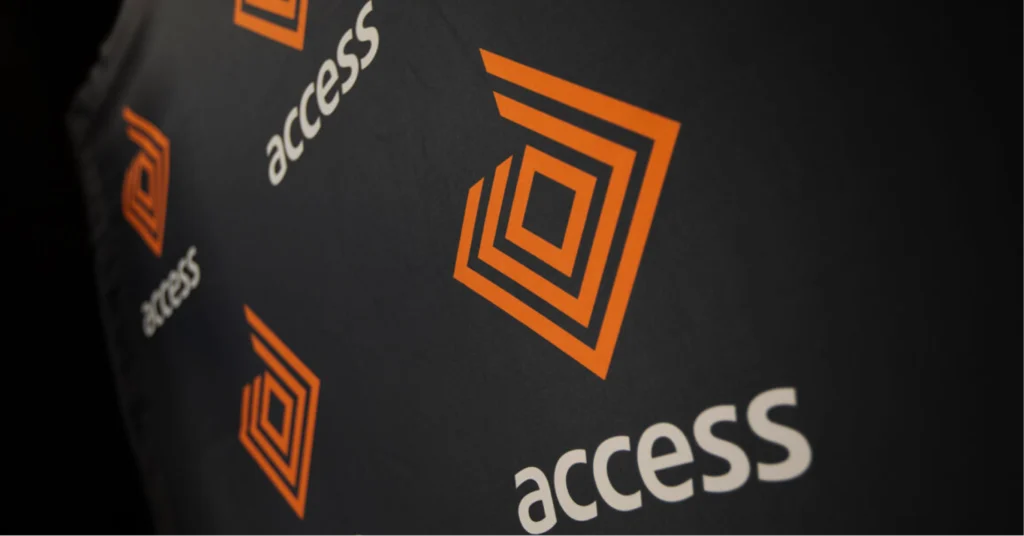
Access wins this round:
Access Holdings (parent company of Access Bank) released its H1 2024 results, showing strong growth in gross earnings, which more than doubled from N940 billion in 2023 to N2 trillion in 2024. Profit after tax also grew by over 100% to N270 billion. Despite these gains, core numbers, excluding foreign currency gains, were less impressive compared to peers. Impairment charges surged over 4x to N122 billion, reducing net interest income after impairments to N390 billion. Access Holdings proposed an interim dividend of 45 kobo per share.
In comparison, FBN Holdings, with a similar loan book, had N421 billion in net interest income, while Zenith Bank posted N299 billion. GTCO, with a smaller loan portfolio, led with N444 billion in net interest income. Access performed well in net fees and commissions, earning N204 billion, outpacing competitors. Sterling Financial’s rights issue also opened on September 18, 2024, offering 7.2 billion shares at N4 per share.
FBN lets one go:
FBN Holdings announced a share purchase agreement to divest its 100% stake in FBNQuest Merchant Bank. Evercore LLP, consisting of Custodian, Aion, and Evercore Industries, won the bid. The sale is pending regulatory approval.
Some pasta action:
Flour Mills announced that its majority shareholder, Excelsior Shipping, proposed a buyout of all other shareholders, which could signal a potential delisting from the stock exchange. However, there is uncertainty as market chatter suggests the holding company might be listed instead. No updates have been provided regarding Flour Mills’ other key holdings, Honeywell Flour and Northern Nigeria Flour Mills (NNFM). Meanwhile, BUA Foods plans to expand its pasta production capacity from 400,000 to 900,000 metric tonnes annually by adding nine long-cut pasta lines.

There’s a new sheriff in town:
Julius Berger has announced Engr. Dr. Peer Lubasch as its new Managing Director, effective October 16, 2024. He will succeed Engr. Dr. Lars Richter, who is stepping down after his contract ends on October 15, 2024. Lubasch holds a doctorate in civil engineering and is registered with COREN and the Nigerian Society of Engineers. He joined Julius Berger in 2010 and has held various roles, most recently serving as Managing Director/CEO of Julius Berger International GmbH.
In another development, Stanbic IBTC Holdings has appointed Olusola David-Borha as the new Chair of its Board, effective September 26, 2024. She succeeds Basil Omiyi, who retired on May 16, 2024. David-Borha previously served as CEO of Standard Bank, Africa Regions, and has also led Stanbic IBTC Holdings and Stanbic IBTC Bank, bringing over 35 years of experience in the financial services industry to her new role.
FX Performance
Nigeria’s naira fell to a new low against the dollar despite the Central Bank of Nigeria’s surprise 50 basis-point interest rate hike on 26th September. The naira dropped 8.2% since the previous week, closing at N1,677/dollar. This reflects reduced foreign capital inflows as investors await the government’s delivery of fiscal reforms. The naira’s decline persists due to a shortage of dollars, fueled by Nigeria’s failure to meet oil production targets and heavy reliance on imported petroleum. Although Dangote’s new refinery is expected to reduce fuel imports, dollar scarcity continues to pressure the currency.
Investment Opportunities
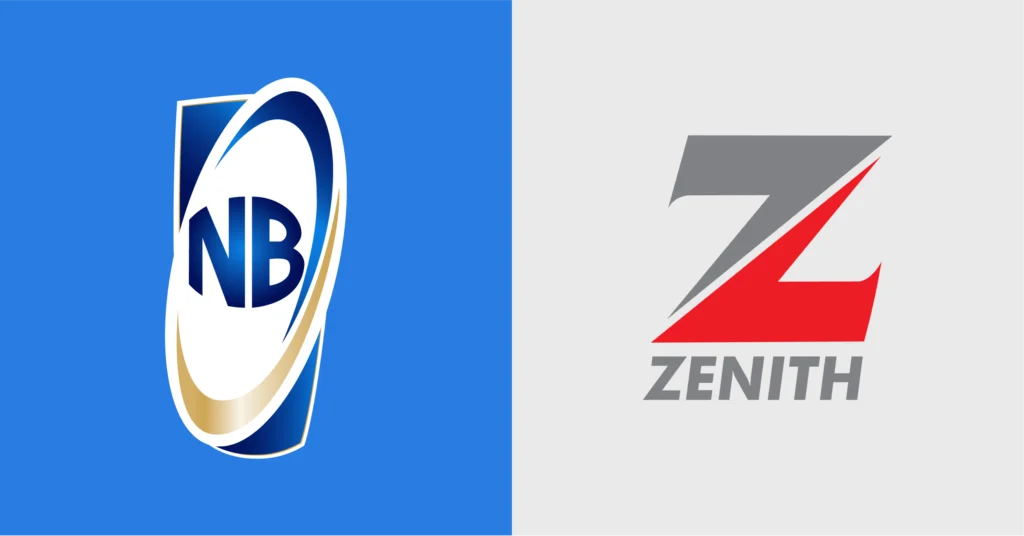
Nigerian Breweries has opened a rights issue, offering 22.6 billion shares at N26.50 per share. Existing shareholders can purchase 11 new shares for every five held as of July 12, 2024. The offer began on September 2 and will close on October 11.
Zenith Bank has received SEC approval to extend its rights issue by two weeks, with the new closing date set for September 23, 2024. The rights issue, which opened on August 1, offers 5.23 billion shares at N36 per share. Shareholders can purchase one new share for every six shares held as of July 24.
Company Focus – Flour Mills of Nigeria
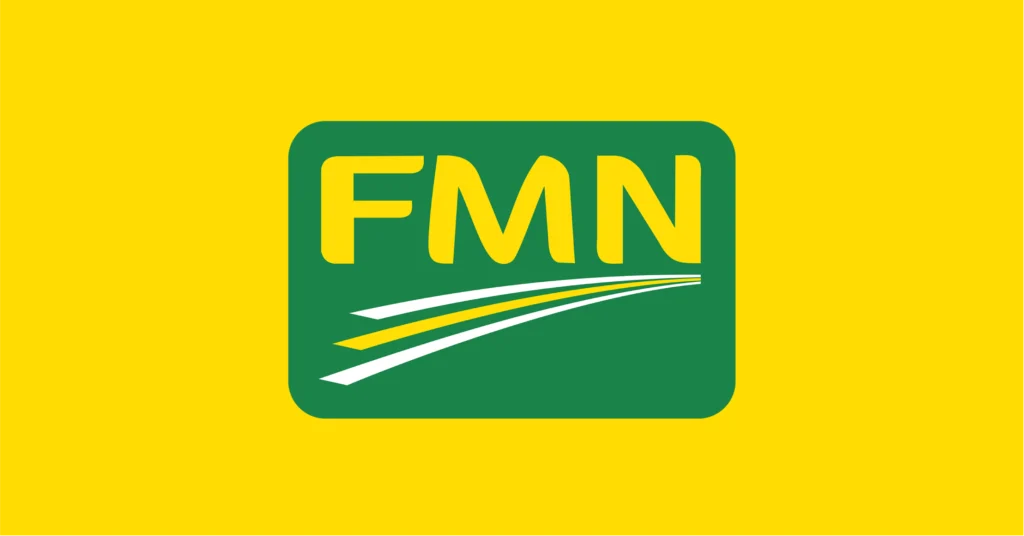
Flour Mills of Nigeria Plc (FMN) has a rich history and has established itself as a key player in the Nigerian food and agro-allied sectors since its inception in 1960. In 1978, FMN became a public company listed on the Nigerian Stock Exchange. Over the years, it diversified its operations beyond flour milling to include various sectors such as agro-allied products, packaging, logistics, and real estate. The company has also made strategic acquisitions, including a significant stake in Honeywell Flour Mills in 202.
FMN operates several subsidiaries under a vertically integrated business model, with notable brands like Golden Penny Flour. The company employs over 12,000 people and has expanded its product offerings to include pasta, noodles, animal feed, and edible oils. FMN has achieved substantial financial growth over the years. For instance, in the first quarter of a recent fiscal year, the company reported a net profit of N6.9 billion ($4.3 million), a significant turnaround from a loss of N9.3 billion during the same period the previous year. In September, FMN announced plans to buy out its minority shareholders following regulatory approvals from the Securities and Exchange Commission (SEC) and the Nigerian Exchange Limited (NGX). This buyout is part of a broader strategy to streamline ownership and enhance operational efficiency.
Africa Focus
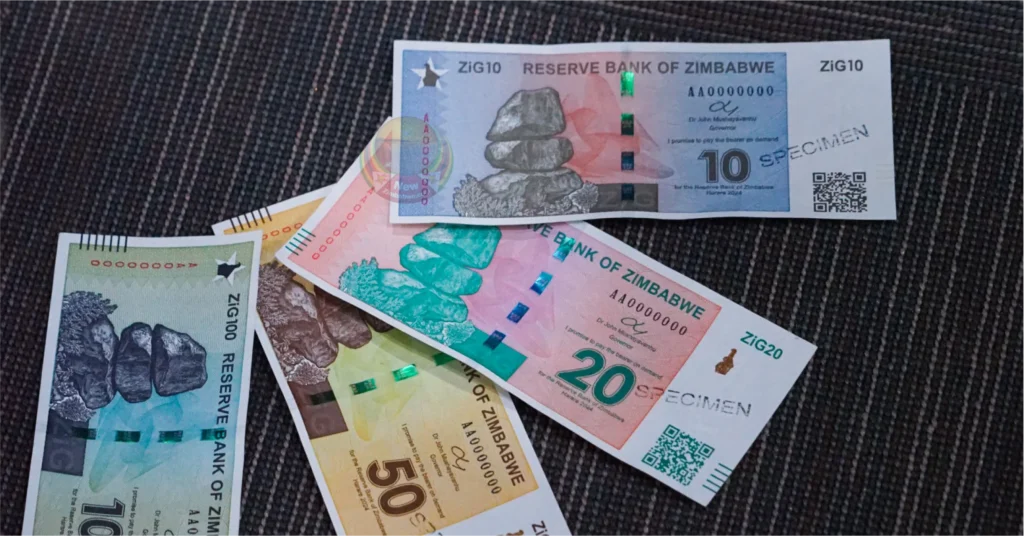
Zimbabwe’s new currency isn’t doing so well:
Zimbabwe devalued its gold-backed currency, the ZiG, by 43% and raised interest rates from 20% to 35% due to scepticism about its new local currency. The ZiG, introduced in April to replace the Zimbabwean dollar, fell to 24.4 per US dollar. Inflation rose to 5.8% in September, and the central bank promised not to print more ZiG than backed by reserves. However, doubts remain as Zimbabwe’s past currency failures and ongoing economic issues, such as high food import costs and limited access to global capital, continue to challenge the currency’s viability.
Ghana reduces benchmark interest rate by 200 basis points:
Ghana reduced its key interest rate to 27% from 29% following a steady decline in inflation, marking the steepest rate cut since 2018. Inflation has eased for five consecutive months, dropping to 20.4% in August, with expectations it will reach the central bank’s target of 13% to 17% by year-end and 6% to 10% by 2025. The cut reflects improved macroeconomic conditions, including 6.9% economic growth in the second quarter, the strongest in five years. This follows Ghana’s debt restructuring and a $3 billion IMF bailout. The central bank has maintained a 29% rate to support the cedi since January.
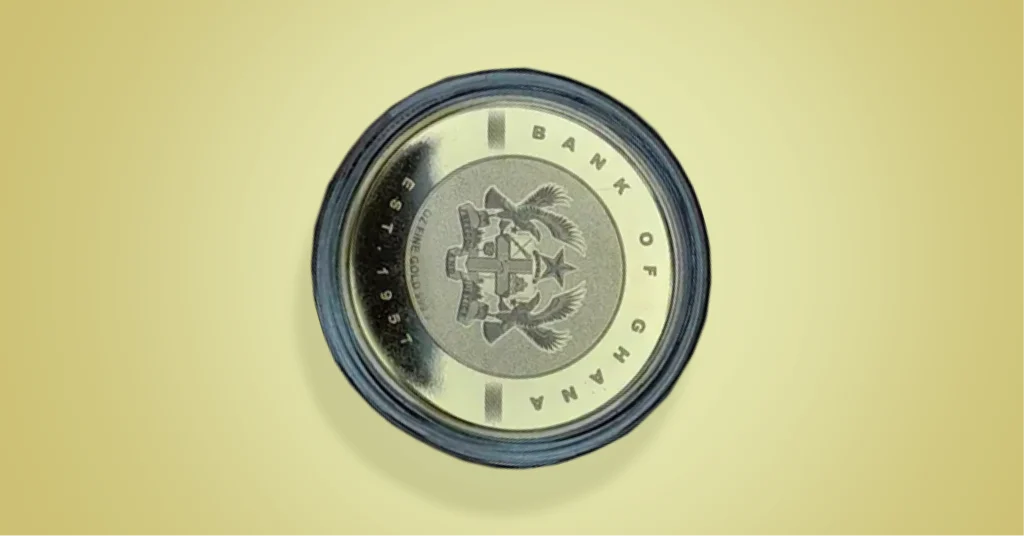
Ghana launched a new gold coin:
Ghana has launched a new gold coin, made from locally mined gold refined to 99.99% purity, to manage money-market liquidity and encourage domestic savings. The coin, issued by the Bank of Ghana, comes in one, half, and quarter-ounce sizes. It will help the central bank reduce excess liquidity in the banking sector and offer residents an investment opportunity linked to its domestic gold purchase program. The coins, priced in cedis based on the London Bullion Market, will be available through commercial banks. Since 2021, the central bank has bought 65.4 tons of gold to boost reserves.
Petrol Price Watch – August
Upcoming events in October
- Africa Bank 4.0 Summit
2-3 October
La Palm Royal Beach, Accra, Ghana - FITSPA Annual Fintech Conference
Sheraton Hotel, Kampala, Uganda
3-4 October - Nigeria Fintech Week 2024
8-10 October
Lagos, Nigeria - Crypto Fest 2024
10-12 October 2024
DHL Stadium, Cape Town, South Africa - Seamless Africa
16-17 October,
Johannesburg, South Africa - South African Fintech Awards
22 October - MWC GSMA
Date: 29-31 October
Kigali Convention Center, Rwanda - Cape Town Africa
Financial Inclusion Summit & Expo
30-31 October
Download our latest resource on:
- The State of Cross-Border B2B Payments in Africa and its Impact on Trade
- The Role of Effective Expense Management in Driving Business Growth
We hope you found this month’s newsletter exciting. See you next month!

